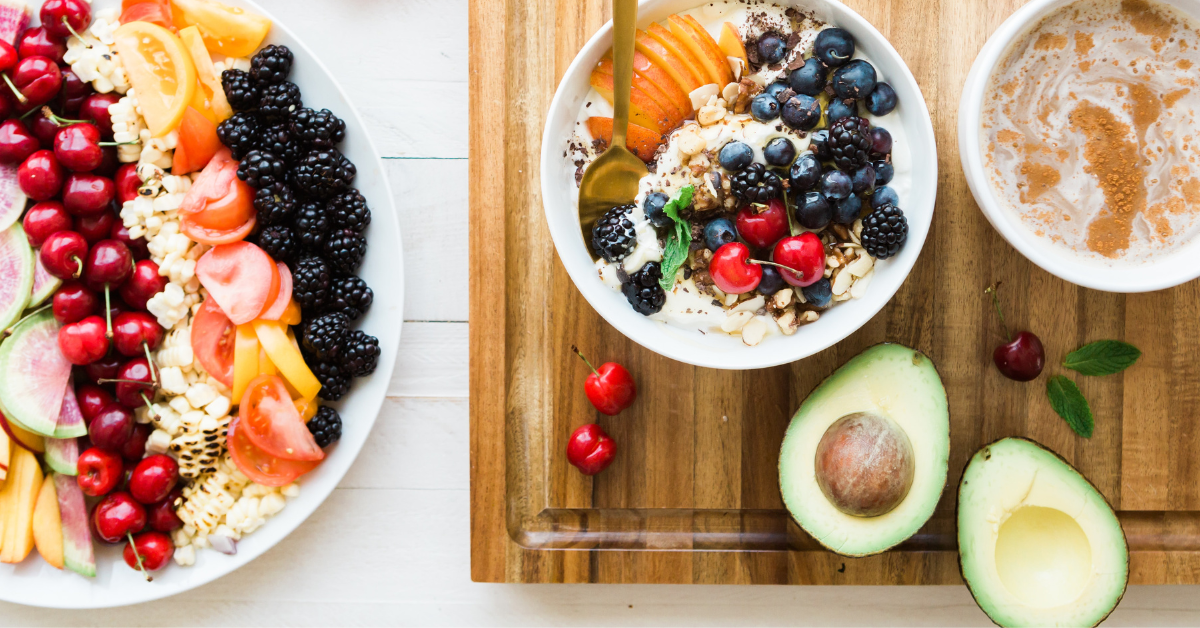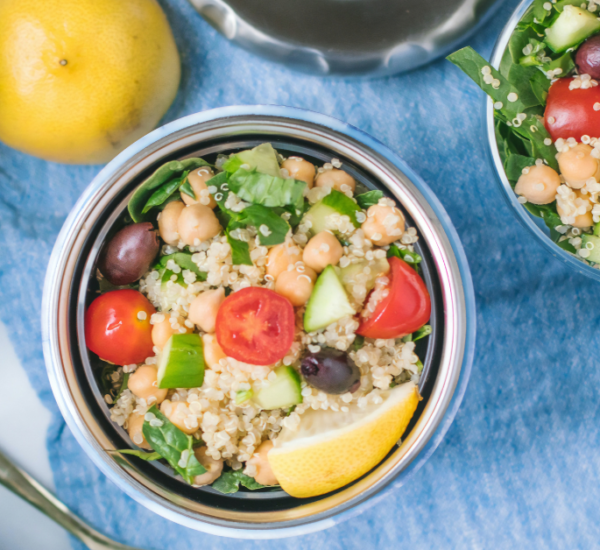Sleep – we all need it! Do you get eight hours sleep a night? Or do you toss and turn and do that dreaded look-at-the-clock-every-hour thing? Sleep can influence many aspects of your life. Arianna Huffington, co-founder and editor in chief of The Huffington Post, even published the book The Sleep Revolution on the importance of sleep.
A lack of sleep doesn’t just affect your energy levels – amongst other things, it can affect your nutrition and exercise (and make it hard to stick to your plans!). In Part One of our two part Sleep Series, 12WBT Dietitian Lisa Donaldson explains why sleep and nutrition are inextricably linked.
Sleep: The Unsung Hero For a Healthy Diet
It may seem like an odd combo, but nutrition and sleep are bound quite tightly. Ever have a rotten night’s sleep and the next day crave chocolate in the afternoon… or find that you are just ‘hangry’? There are some reasons why this may be so, let’s look at those!
1. Say Hello to Hunger Hormones
We have two hormones in our body that control our appetite, they are called leptin and ghrelin. Ghrelin is a bit of a gremlin – he’s our appetite INCREASER. Ghrelin levels go up in times of hunger and stays down for about three hours after a meal. Leptin however, is our hormonal ‘appetite suppressor’ and researchers state that leptin can help keep the ghrelin under control. The problem is, the power of leptin is hindered when we are sleep deprived – so, if you have a rotten night of sleep, be prepared for your appetite and hunger to be elevated.
Also read: 10 Reasons You Can’t Stop Eating
2. More Time to Eat
If you are a night owl, you may find yourself lured into the kitchen for some late night snacks. Might sound obvious, but you are more likely to eat more if you stay up later.
3. Give Me Sugar Now!
A lack of sleep can disrupt our adrenal glands and make us feel exhausted. When this happens we tend to look for energy to pick us up, and that energy is often the sugary kind! It’s true, sugar gives us a fast boost, but it is shortly followed by a fast crash. So be prepared, and instead of reaching for the jelly beans, go for a healthy snack – maybe try a slice of toast with nut butter or some banana with yoghurt instead.
Also read: How to Beat Your Sugar Addiction For Good
4. Too Much Of a Good Thing
If you need a solid night’s sleep, you need to think about how much you are eating before you crawl into bed. Portion control is key here, as a really large meal will do you no favours for getting to sleep quickly – it’s not only uncomfortable, but there’s a whole lot of digestion going on! Try to eat at least 90 minutes before bed – and don’t overeat!
5. Love Caffeine and Wine?
If you have a daily affair with both caffeine and wine, be prepared to not sleep solidly. According to the Sleep Health Foundation, the effects of caffeine can last from four to six hours, but your body needs about 24 hours to completely eliminate it. Many people who consume a lot of caffeine think that it no longer stops them from being able to go to sleep, because they have become immune to this effect. However research shows that, even if they think otherwise, their sleep is impaired and they would sleep much better if they abstained from it.
As for alcohol, it may help you nod off quickly but that means you can bypass the first stage of REM sleep. As the alcohol wears off, you’ll go back into REM sleep and you’ll be more likely to have a disrupted sleep overall.









